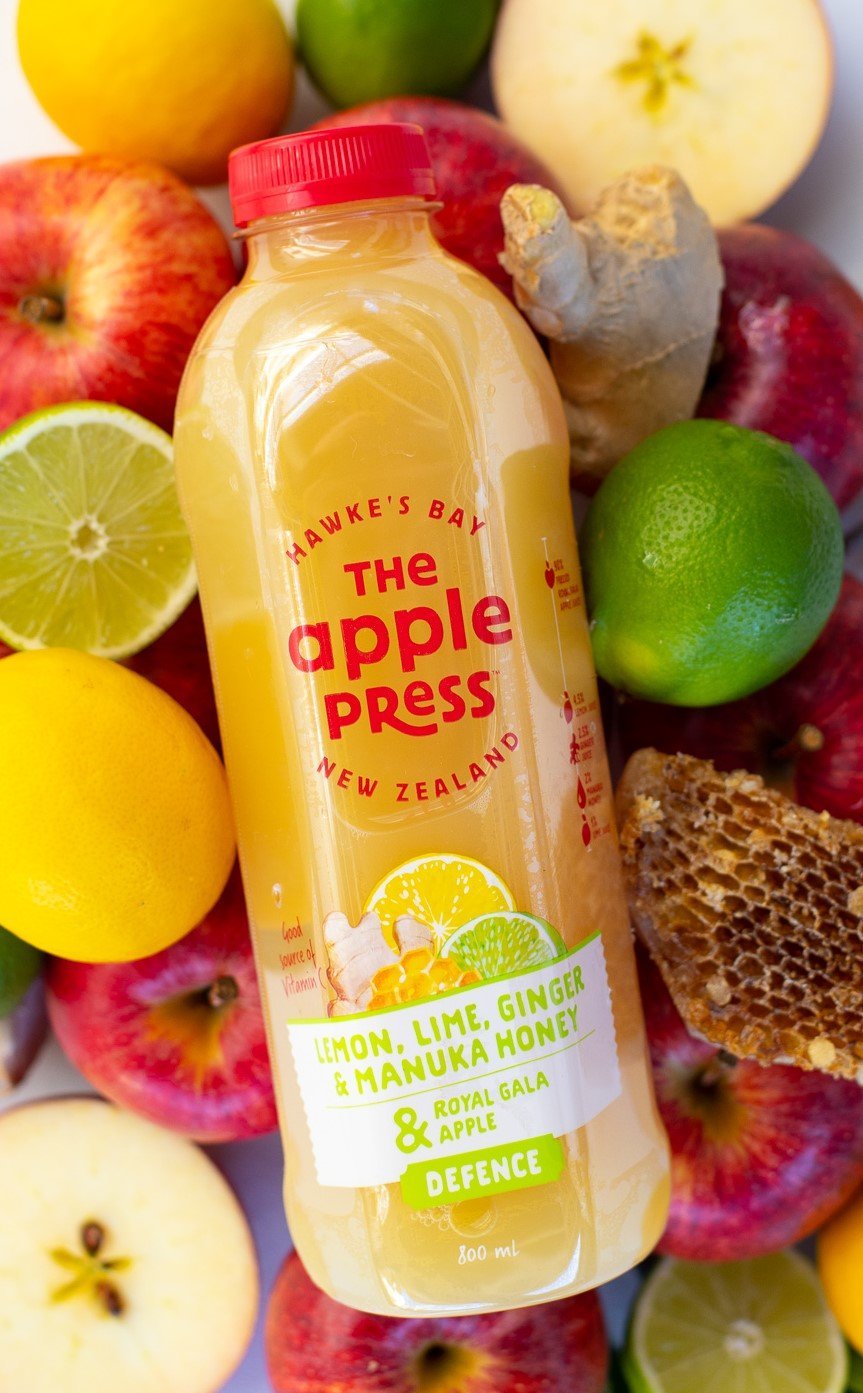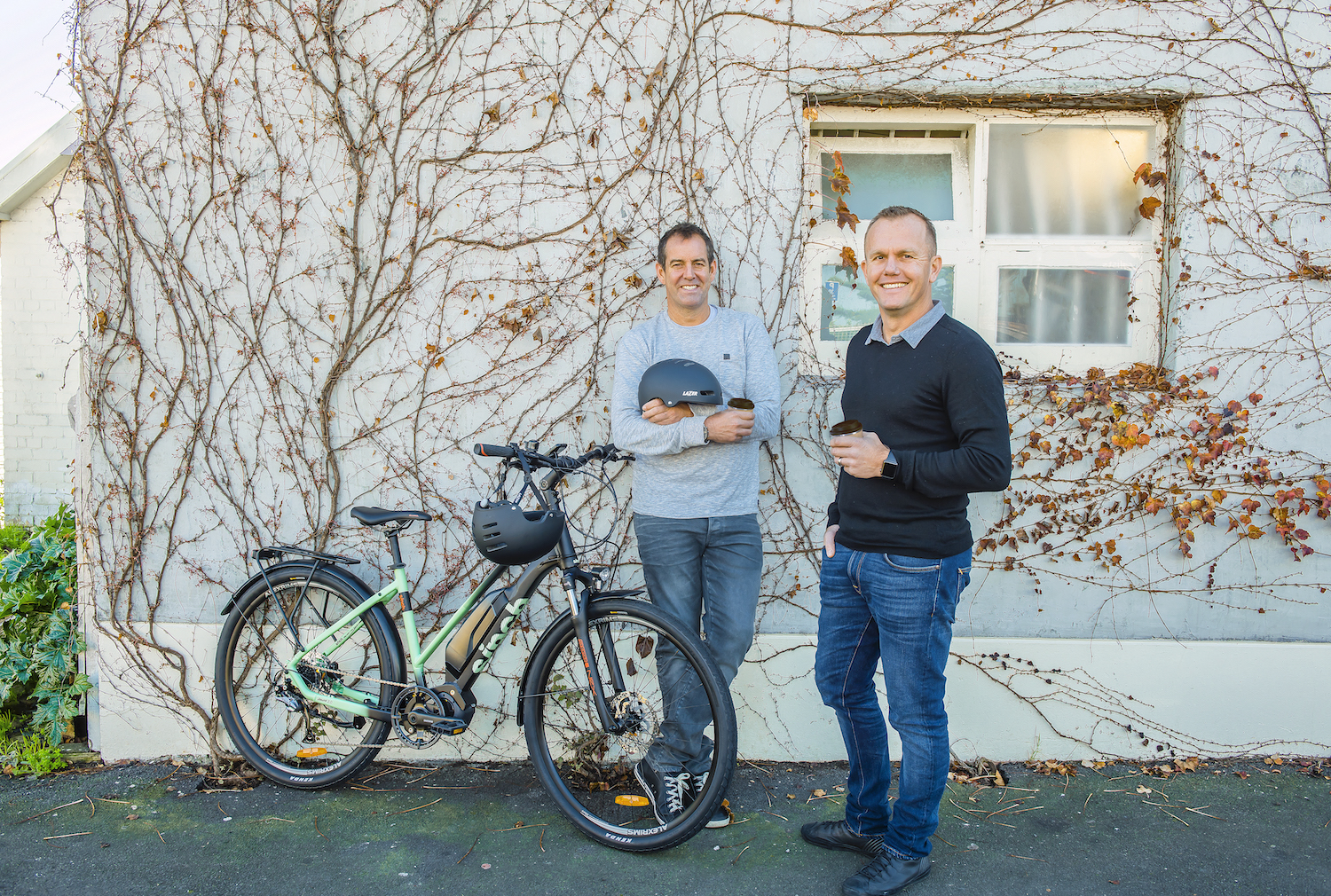Did you know that what you eat may have as big an impact on the environment as how often you drive your car? Why isn’t a reduction in meat consumption being encouraged alongside energy efficiency promotions and pleas to use less petrol?
Meat consumption is murder but not just for animals, it kills the planet too. Blogger Miyuki McGuffie explores the environmental impacts of the average diet.
Image by Szymon Stoma via Flickr
Did you know that what you eat may have as big an impact on the environment as how often you drive your car?
Government agencies and the media choose to focus on reducing our carbon dioxide (CO2) emissions by increasing our renewable energy sources, using eco-bulbs and reducing our dependence on fossil fuels. Meanwhile, our potential to fight global warming from all angles is unrealised due to a lack of information about the other badies: methane and nitrous oxide.
Methane emissions are responsible for about half of the planet’s human-attributed warming and animal agriculture produces 32 percent of this. Other sources include landfills, natural gas and coal mining. Methane takes less time to break down in the atmosphere than carbon but is over 20 times more potent.
Nitrous oxide is almost 300 times more damaging to the environment than carbon and is made when we burn fossil fuels and manufacture nylon. From the total amount of nitrous oxide produced by human activity, 65 percent comes from livestock.
Meat production accounts for more greenhouse gas emissions than all methods of transport in the world combined. These gases come from animal excrement, enteric fermentation, the manufacture of fertiliser to grow feed, industrial feed production, and transportation of live and slaughtered animals.
Why are these facts so relatively unknown?
Why isn’t a reduction in meat consumption being encouraged alongside energy efficiency promotions and pleas to use less petrol?
My personal opinion is that while oil is running out, there is no shortage of animals to be consumed (because we control the supply through breeding). Eating meat is ingrained in our culture (it goes back much further than driving) and is seen as an instinctual, natural part of being a human. Cars don’t need petrol to run, but there is no real alternative to animal flesh that gives the same sensual experience.
Because of these reasons, there is still plenty of money to be made from meat. I also believe that despite it being in our best interests, the government would never implement a strategy to promote a considerable reduction in the public’s consumption of meat because the industry would give them a bollocking.
Cutting meat out of your diet even just some days a week can make a big difference to the environment. Forgive the British examples but consider the following comparisons:
- If everyone in the UK gave up meat for one day a week, the savings in emissions would be equal to replacing one billion light bulbs with energy-efficient ones.
- If everyone in the UK gave up meat for six days a week, the amount of greenhouse gasses saved would be greater than removing ALL cars from UK roads (29 million).
On a more immediate level, reducing your consumption of meat can benefit your health, save the lives of animals and, most important for some, save you money.
In the days before I was aware of the environment and food ethics, I stopped buying meat as a staple purely to save money. Sure, you have to make up that bulk in other areas (preferably produce), and for some reason fruit and veg seem to have a reputation for being expensive but when was the last time you saw broccoli, carrots or potatoes for more than $10 a kilo?
Any environmentalist who’s serious about saving the planet needs to consider their diet just as carefully, if not more than their other habits when thinking about the impact of their day-to-day actions. I’m not saying that we should all become vegans, because I know it’s hard to give up animal products and I know there are lots of reason why a person wouldn’t (other than not caring). It’s an extremely complex issue but from an environmental perspective, industrialised meat production is not sustainable, and awareness of this needs to be raised.






